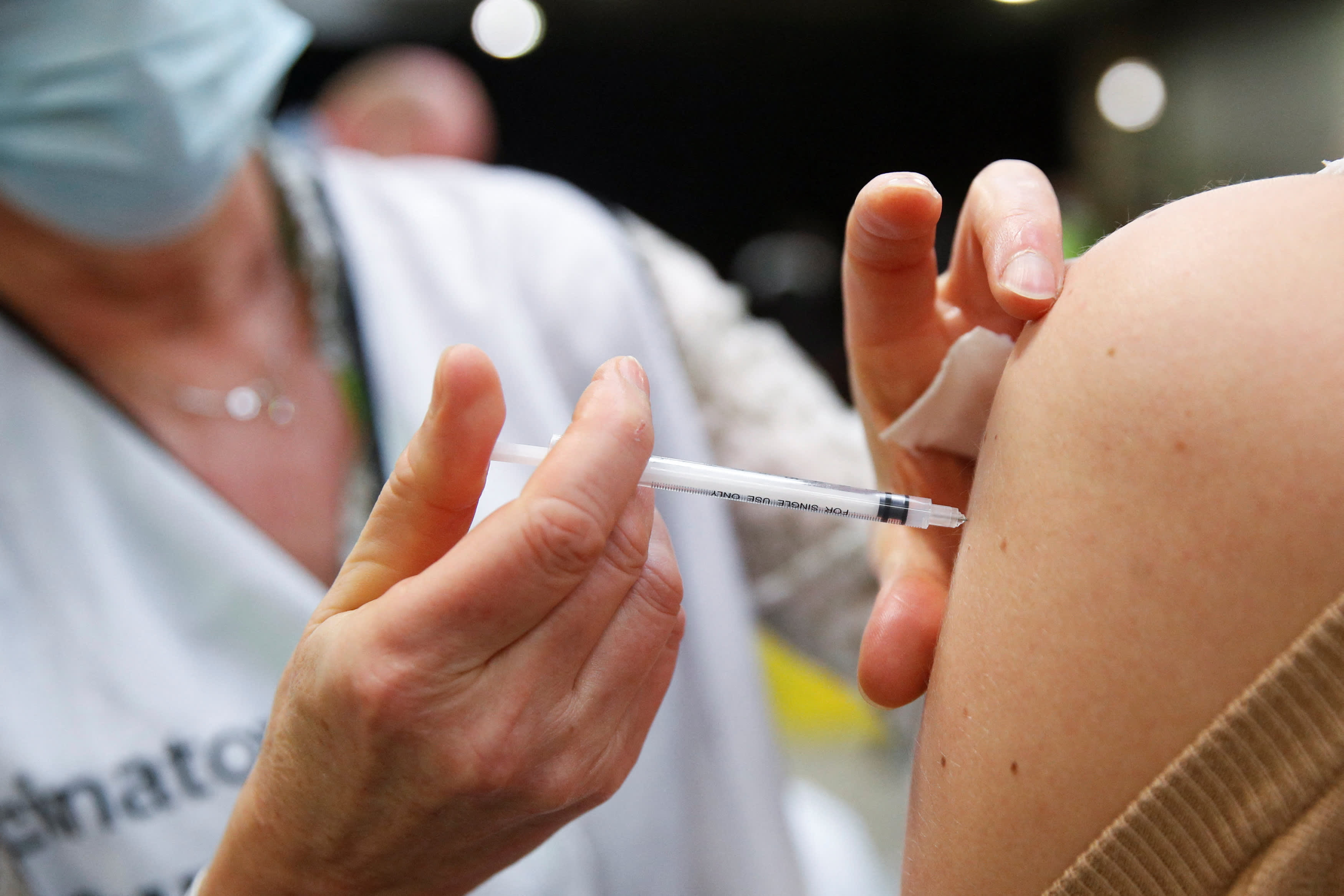If you ask most people, getting younger instead of older probably sounds pretty appealing.
While there’s nothing you can do about your chronological age — the number of years you’ve been alive — scientists in Boston are studying factors that can change your biological age.
WATCH ANYTIME FOR FREE
Stream NBC10 Boston news for free, 24/7, wherever you are. |
A recent study from Brigham and Women’s Hospital shows that physiological stress — stress on the body — can have a negative impact on someone’s biological age, but that impact can be reversed when the stress is relieved.
“Biological age is a different concept,” Jesse Poganik, PhD, of the Brigham’s Division of Genetics, said. He’s the lead author of the recently-published study, which was done over the course of around two years. “It means the age that your biology reflects. And this can be older or younger than the chronological age.”
Get updates on what's happening in Boston to your inbox. Sign up for our News Headlines newsletter.
The recent study, which was published in Cell Metabolism, analyzed the effects of three situations on cells’ biological age: emergency surgery, pregnancy and severe COVID-19 infection.
The overall finding? That in the throws of each situation, the person’s biological age was elevated, but then would bounce back following recovery.
“It really does seem to be the severity of the physiological stress that causes this,” Poganik said. “In surgery patients, we found this effect with elderly patients who are undergoing emergency hip fracture repairs, but we didn't find the effects in people who were undergoing elective colorectal surgeries, which are a little less intensive.”
Biological age is measured by looking at DNA methylation — changes that happen at the molecular level that can mean an increased risk of morbidity and mortality.
Looking at these biomarkers is common in the study of anti-aging.
“It turns out that you can build these very precise tools which we believe are very good proxies for biological age,” Poganik said. “We found pretty good agreement across the board with a particular class of these biomarkers.”
As for everyday ways people can reduce their biological age, Poganik said that it comes down to things we’ve all heard before from medical professionals.
"There are pro-longevity interventions that can potentially reduce the biological age in humans,” Poganik said. “I would say really the only proven ones are maintaining a healthy lifestyle. So not being excessively overweight, not smoking or reducing drinking, things like this.”



